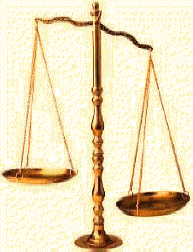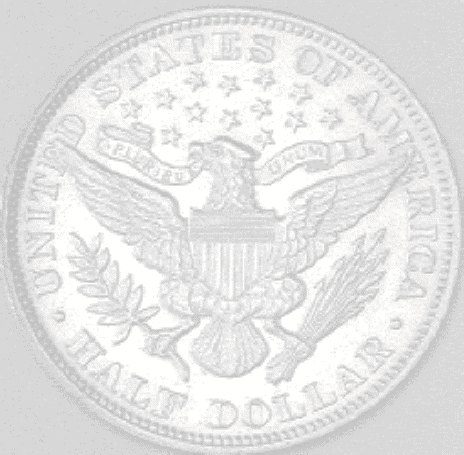
|
|
||
|
|
|
|
|
|
||

-40-
FOR BETTER OR WORSE:
The “Anti-Bubble” Act
In 1740, Parliament applied to
the colonies the prohibitions and the penalties of the "Joint Stock
Companies Act" of 1720 (Sumner, 28), otherwise known as the "Anti-Bubble
Act." When conspirators in the Land Bank scheme planned to mob the
Governor and the Council, Mr. Belcher sent the Sheriff to arrest some of
the leaders in the conspiracy (White, 255). The bankers responded by
having Mr. Belcher removed from office through a series of "cunning
forgeries . . . implicating him in dishonest acts” (White, 255-56). Mr.
Belcher returned to England where he exposed the forgeries and was
appointed Governor of New Jersey. Mr. Shirley became Governor of
Massachusetts.
The Land Bank scheme had been declared
illegal by Act of Parliament, yet Governor Shirley promoted its
directors to sheriffs, justices, judges, provincial agents, counselors,
and officers in the militia (White, 256).
In 1742, a House Committee found 35,582 pounds of the
Bank's notes outstanding and recommended the property of the proprietors
who did not pay their share of liability should be liquidated. Nearly
everyone connected with the Land Bank scheme was ruined. In 1767, the
surviving directors as well as the estates of the deceased were assessed
to cover the redemption of the remaining 1,740 pounds in outstanding
notes (White, 257).
Colonial Bills of Credit debauched public opinion, yet,
they continued to be manufactured. In 1743, a pamphlet condemned Rhode
Island for having "defrauded more in a few years than any of the most
wicked administrations in the several nations of Europe have done in
several centuries." The writer then describes paper “money" promoters as
"the desperate and fraudulent" (“A Letter from a Gentleman”, 124).
It was not in ignorance that Massachusetts
"watered down" her paper until a pound sterling could be exchanged for
11 "pounds" in paper. Realistically though, it is not possible to “water
down" what is valueless, nevertheless, in 1750, she returned to a specie
basis and simply repudiated 90 percent of her outstanding notes (White,
123). "The way of the transgressor is hard", we are told (Proverbs
15:15), but the sufferings and contortions men inflict upon society is
unnecessary if they would simply obey the Law of God and apply the Law
of a Just and Perfect Weight and Measure.
British Interference
In his History of The Colonization of The United States of America, George Bancroft states that in 1720, "An instruction was issued (by the British government). . .to every Governor in America to consent to no Act for emitting Bills of Credit except for the support of government, without a suspending clause, till the King's pleasure should be known” (Griffin, 167). He declares the result was that "in 1738, the New England currency deteriorated in value as compared to British money” (Griffin, 167). *
* Currency has only pretended value. Imprinting a value upon a piece of paper does not in reality make the paper worth the imprinted value. A piece of paper by any other name is just a piece of paper.
In March 1751, the British Board of Trade presented Parliament with a bill
to restrain Bills of Credit in New England, with the added clause of giving the authority of law to the king's instructions on that subject. . . . .The obnoxious clause (i.e. the King's power of law) was abandoned; yet there seemed to exist in the minds of "some persons of consequence" a fixed design of getting sanction by Parliament to the King's instructions (Griffin, 167-68).
Mr. Bancroft continues, "The
Board of Trade was all the while maturing its scheme for controlling
America” (Griffin, 168). As a result, the Colonists were forced to
borrow "money” at interest from abroad (Griffin, 168).
In 1764, the prohibition by the British authorities
forbidding the New England colonies to print their own currencies was
extended to the rest of the colonies (Griffin, 168).
In his book, The Financial History of the United States, Dewey states,
The interference of home government in prohibiting paper issues had more immediate results; it provoked opposition, was regarded as an unjustifiable interference, and helped to develop the growing discontent with government by England (Griffin, 168).
